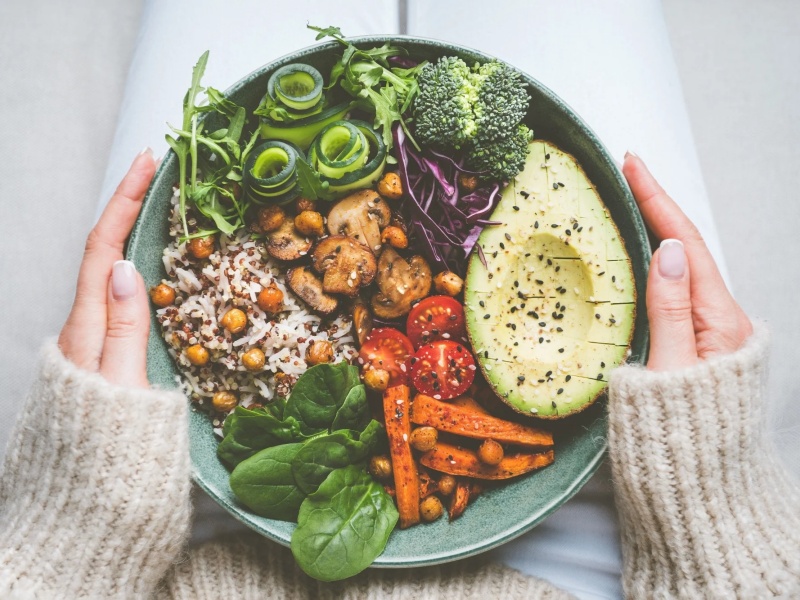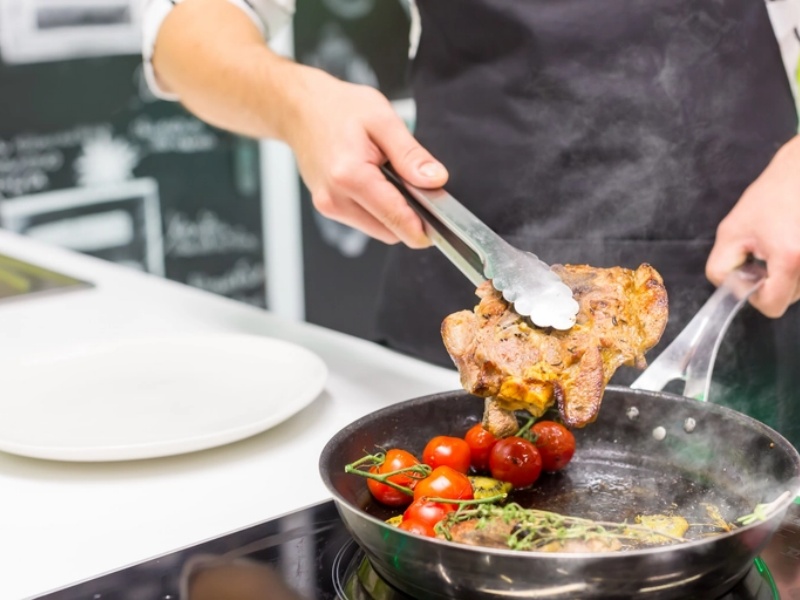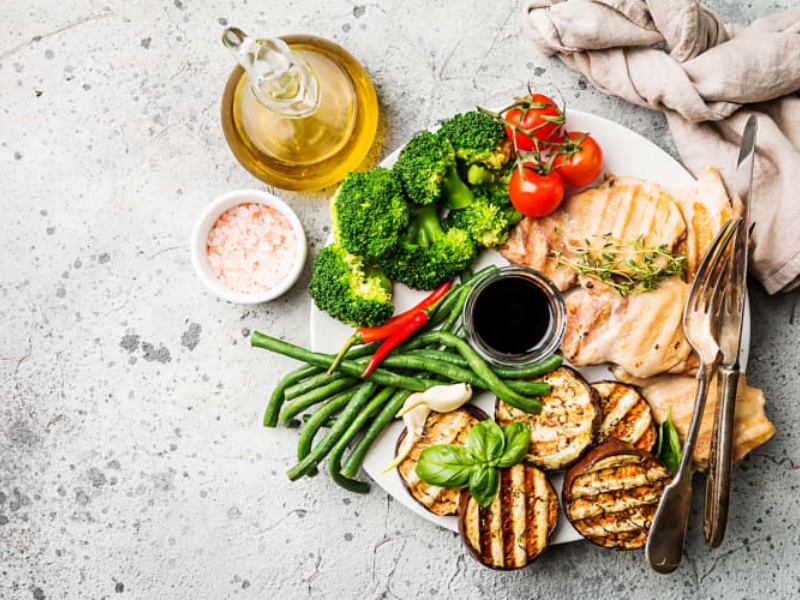Embrace Whole Foods
At the heart of vegan cooking is the emphasis on whole foods. Focus on incorporating a variety of fruits, vegetables, whole grains, legumes, nuts, and seeds into your meals. These ingredients are not only nutrient-dense but also offer a wide range of flavors and textures. For instance, quinoa and brown rice can serve as hearty bases for salads, while lentils and chickpeas add protein and richness to soups and stews.
Experiment with Flavors and Textures
One of the joys of vegan cooking is the opportunity to experiment with flavors and textures. Use herbs, spices, and condiments to enhance your dishes. Fresh herbs like basil, cilantro, and parsley can brighten up a meal, while spices such as cumin, paprika, and turmeric can add depth and warmth. Don’t shy away from trying new ingredients, such as nutritional yeast for a cheesy flavor or aquafaba (the liquid from canned chickpeas) as an egg substitute in baking.
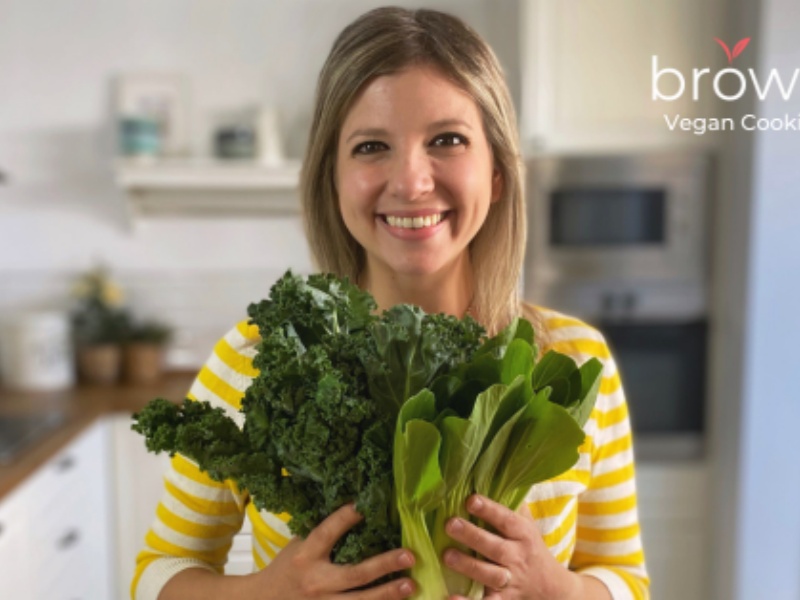
Master Plant-Based Substitutes
When transitioning to a vegan lifestyle, mastering plant-based substitutes can make the process smoother. For instance, use almond milk or oat milk instead of dairy milk, and explore options like tofu, tempeh, or jackfruit as meat alternatives. There are also numerous vegan cheese and yogurt products available that can satisfy cravings without compromising your dietary choices.
Plan Your Meals
Meal planning is essential for successful vegan cooking. Take time each week to plan your meals, ensuring you have all the necessary ingredients on hand. This not only saves time but also helps you avoid last-minute unhealthy choices. Consider batch cooking staple items like grains and legumes, which can be easily incorporated into various dishes throughout the week.
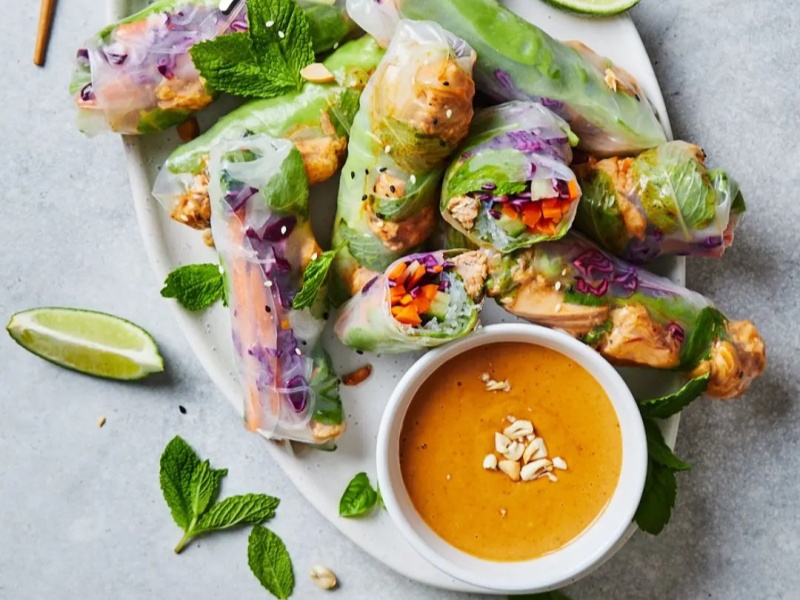
Explore Vegan Recipes
The internet is brimming with vegan recipes that cater to all tastes and skill levels. From hearty vegan chili to decadent chocolate desserts, there’s something for everyone. Follow reputable vegan food blogs, join social media groups, or explore cookbooks dedicated to plant-based cuisine. These resources can inspire creativity and help you discover new favorites.
Conclusion
Vegan cooking is a rewarding journey that offers delicious and nutritious meals while promoting a sustainable lifestyle. By embracing whole foods, experimenting with flavors, mastering plant-based substitutes, planning your meals, and exploring diverse recipes, you can create a fulfilling vegan culinary experience. Whether you’re cooking for yourself or sharing meals with family and friends, the joy of vegan cooking is sure to shine through in every dish.

